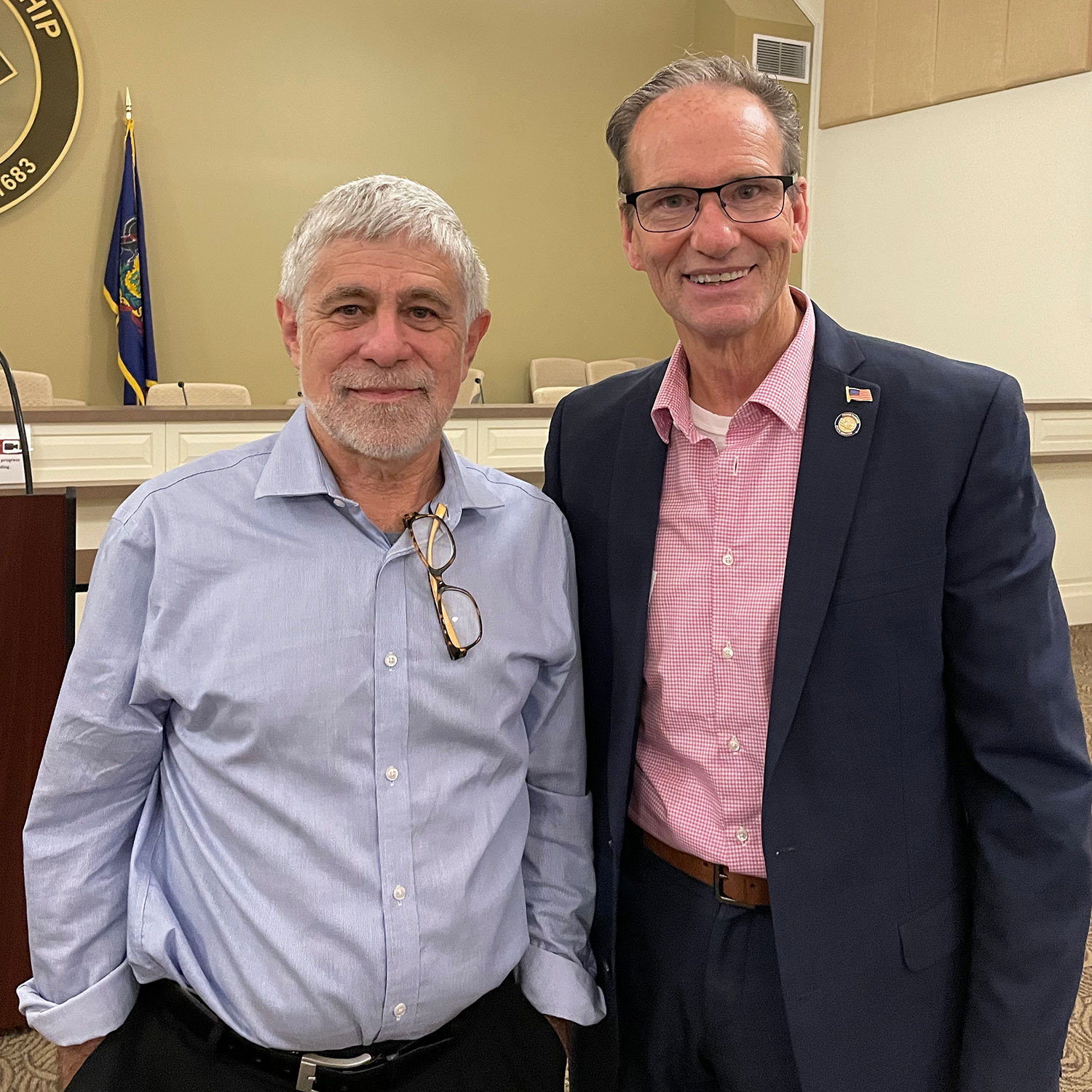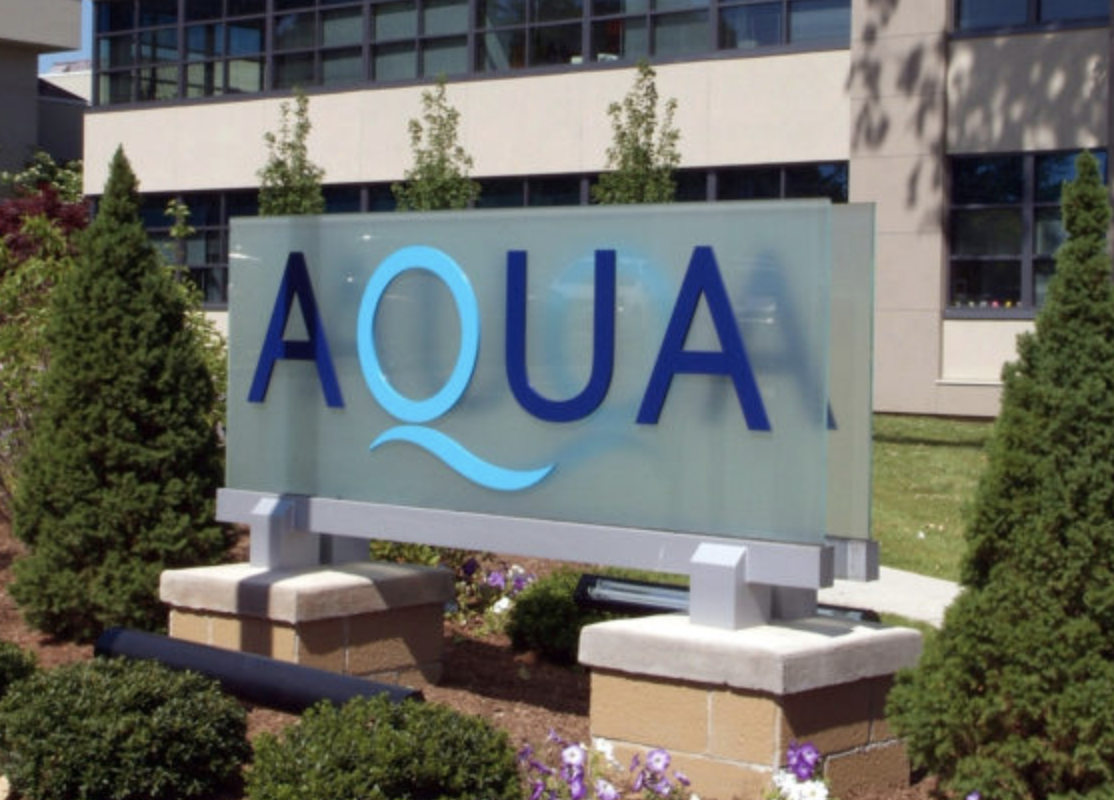Chester Water Authority Scores Win in Federal Bankruptcy Court

The Chester Water Authority (CWA) and Chester County chalked up a win in its ongoing legal battle with the Receiver for the City of Chester.
The bankruptcy court judge handling the bankruptcy case filed by Receiver Michael Doweary on behalf of the City of Chester ruled on Nov. 23 the CWA is not part of another case brought by the receiver pending in Commonwealth Court.
In the ruling by Judge Ashely M. Chan, the receiver agreed the word “authority” in the Commonwealth Court amended recovery plan does not include the CWA.
Chan stayed the CWA’s case that was to be heard by the state Supreme Court on Nov. 30. But motions to permit the high court to hear the case were filed and will be heard mid-December.
“We believe the state Supreme Court should be the one to decide it,” said CWA lawyer Frank Catania. CWA is fighting for survival against the state-appointed Receiver’s attempts to sell it to Aqua PA. And even if he succeeded, Catania said, “it is an undecided — and vigorously disputed — as to what money, if any, the city would get from a sale of CWA.”
The city of Chester has a long history of financial turmoil stretching back 27 years. During that time, it has been under the financial authority of four receivership regimes authorized by the Pennsylvania Municipalities Financial Recovery Act of 1987.
“Since 2017, the City of Chester has attempted to monetize the assets of the CWA, an authority that services more than 200,000 ratepayers, the vast majority of whom reside outside the boundaries of the City, including more than 34,000 ratepayers residing in Chester County where critical infrastructure is also located,” Delaware County argued in a legal filing. CWA supporters believe the Receiver had his eye on the authority and his requests to the courts reveal his intentions.
The receiver had “asked the court for permission to take over and run any authority that the City of Chester created. That’s all it said. It didn’t say, ‘not us [CWA],'” said Catania “So clearly we were concerned. If the judge gave a broad interpretation of the language, that would include us, and the Receiver has no business trying to run a water company, right?”
Opposition to Chester’s attempts to sell the CWA to Aqua PA is bipartisan in the Delaware Valley. In addition to Democratic opponents on the county council, two GOP state reps previously filed an amicus brief last month to oppose the sale.
“Act 73 of 2012 abolished Chester city’s control over the CWA board. It is outrageous to suggest that years later, the city can override the clear intent of the Legislature, take control of CWA, and sell it to the highest bidder. I am grateful that the Supreme Court has agreed to review this matter, and I will continue to fight to prevent any takeover of Chester Water Authority,” said Rep. John Lawrence (R-West Grove).
Lawrence, whose constituents in Chester and Delaware counties are served by CWA filed the brief with House Speaker Bryan Cutler (R-Lancaster).
“The CWA board has steadfastly and responsibly served the hundreds of thousands of customers who rely on this municipally provided service,” Cutler said. “The Commonwealth Court’s ruling undermines the board’s rightful position to continue to recognize the best interest of its customers and sets a dangerous precedent for all water consumers in the Commonwealth. We strongly urge the Pennsylvania Supreme Court to take a closer look at this case.”
And the state Supreme Court is where CWA supporters want this case heard, while the Receiver has tried to get the Commonwealth Courts to make the decision.
“Doweary would rather have the issue heard before a single judge in a different case where the Chester Water Authority is not a party. That’s what he was trying to do. Then the next step in his plot—a hostile takeover– was on the day before Veteran’s Day. That’s when the city filed for bankruptcy, with no prior warning.”
“The Receiver has a nasty habit of trying to pull holiday surprises,” Catania added. “So we’re always on a heightened state of readiness around the holidays.”
“He failed, but he’ll try again,” said Catania.
The receiver did not respond to a request for comment on Tuesday.
Please follow DVJournal on social media: Twitter@DVJournal or Facebook.com/DelawareValleyJournal








